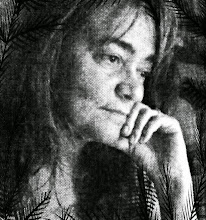October brings all things macabre. This is a favorite Poe of mine. Enjoy!




